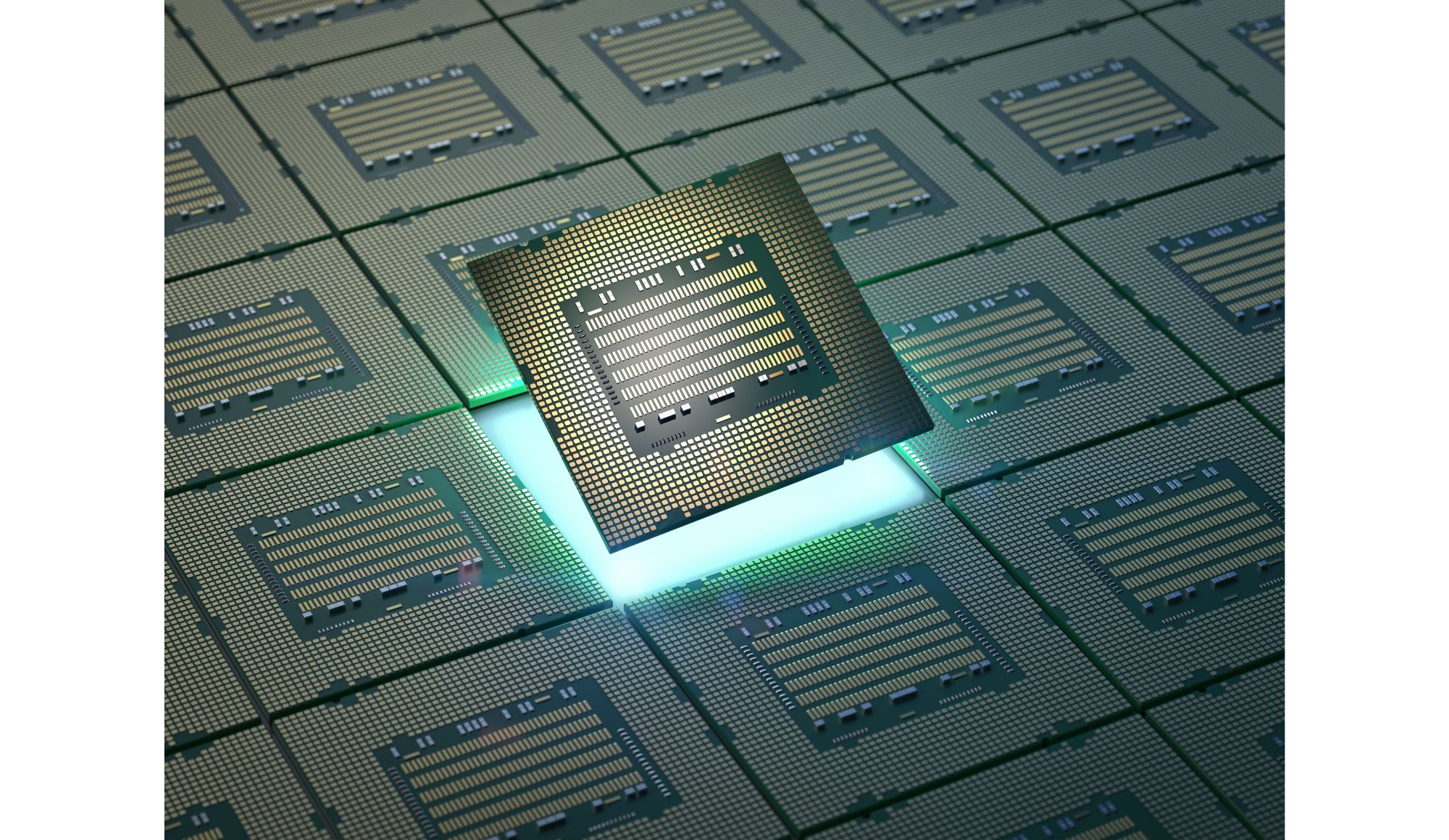Did Little-Known Dutch Firm Trigger Monster Buffett Buy?
World trade is truly global and interconnected. Perhaps the chip industry exemplifies this most. Apple sells phones around the world that rely on manufacturing by TSMC who is in turn supplied by a Dutch company few investors know anything about. And it’s that little-known Dutch company that quite possibly triggered Warren Buffett to make a huge purchase in its most recent quarter. You’re about to discovery why.
Back Up a Second
Let’s back up a moment and examine what happened. In its latest 13F filing, Warren Buffett announced that his holding company Berkshire had initiated a new position in TSMC, the world’s leading chip manufacturer. Berkshire started a 60 million share position valued at close to $4 billion. That’s a big starter position to take on a company, and catapulted TSMC into Berkshire’s top 10 holdings right away.
Speculation was rife. Why would Buffett buy this chip manufacturer? The initial analysis was that Buffett had spotted a bright future for TSMC because of its relationship with Apple. After all, Apple is Buffett’s largest holding by a long shot. If Buffett has insights into the future of Apple, surely TSMC – Apple’s primary supplier – would benefit too.
But that alone may not explain why Buffett and his investing lieutenants chose to make such a big splash by buying the large quantity of shares. After much research, we found a clue that might point to the precise reason.
A Hidden Moat
You see, Buffett likes nothing more than a wide moat when buying a business. That’s a competitive advantage that capital alone cannot overcome. For example, if you had all the money in the world and wanted to knock Coca Cola off its dominant market perch, you would still struggle because Coke’s brand advantage is so strong in the minds of consumers and its entrenched distribution network would take years to mimic, even if it were possible.
Returning to TSMC what moat could it possibly have?
As it turns out a Dutch company called ASML, which develops and manufactures photolithography, will be providing TSMC the world’s most advanced chip-making tool in 2024. And that’s crucial to TSMC because it means arch-rival Intel will not be able to compete on the same playing field.
To understand the significance of this it’s worth understanding how Intel was structured in the past and now. Originally, Intel’s manufacturing arm was deeply tied to its design arm. The problem, of course, is that Intel wasn’t set up to manufacture a broad range of designs. For example, a boutique design house couldn’t call up Intel and contract a manufacturing job for a new chip. Instead, they would always have to turn to TSMC.
The structural “break” at Intel between chip design and manufacturing meant TSMC had new competition. But if TSMC is the only game in town with the most advanced technology then essentially it has a monopoly on cutting-edge chip manufacturing that renders Intel uncompetitive.
A commercial enterprise that all business must flow through because of the wide moat it possesses is exactly the type of competitive advantage that Buffett seeks out. TSMC is the bottleneck that all design houses must flow through if they want the most advanced chips. With that background, you can see precisely why Buffett took a sizeable position in TSMC for Berkshire Hathaway.



